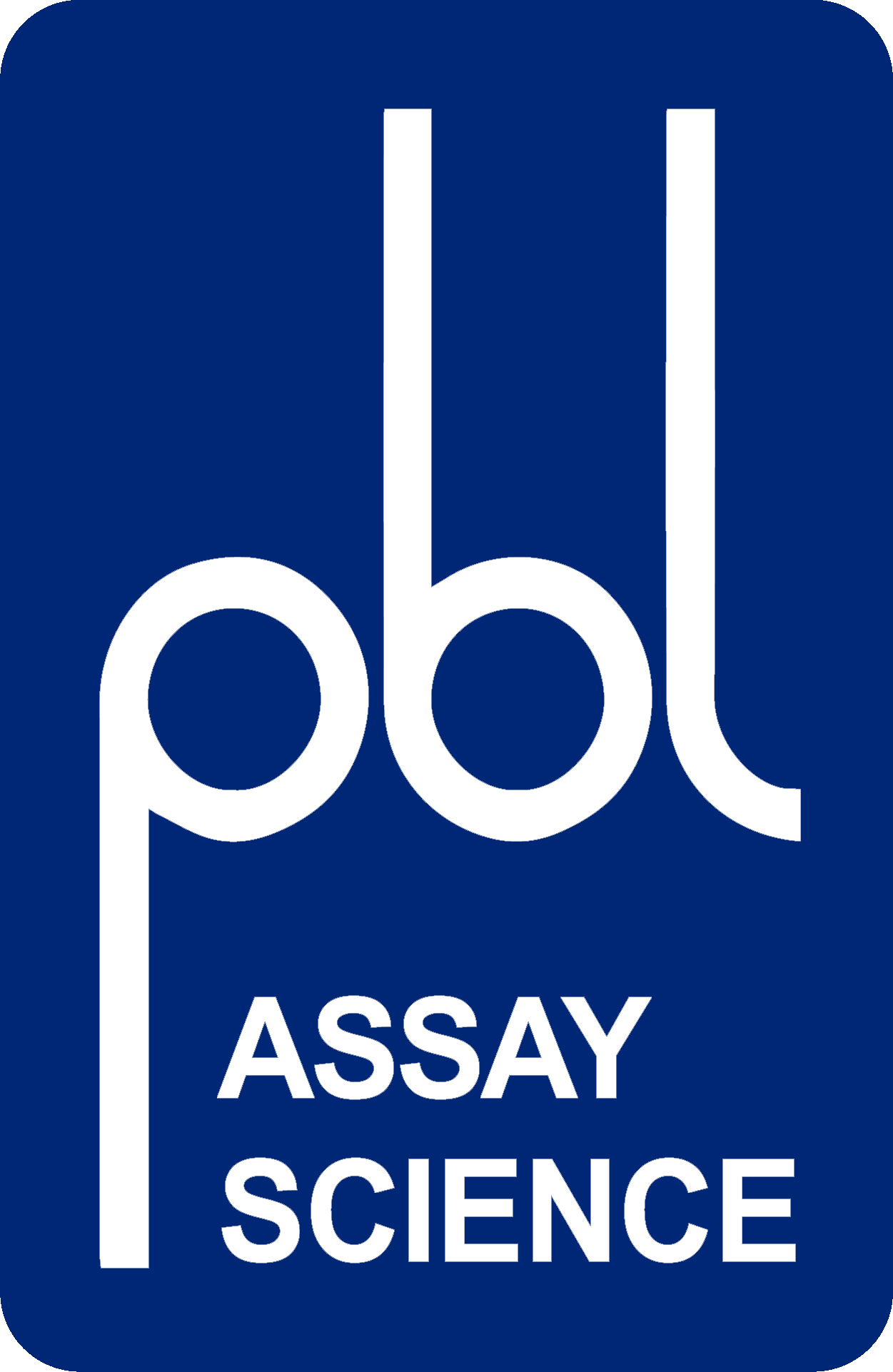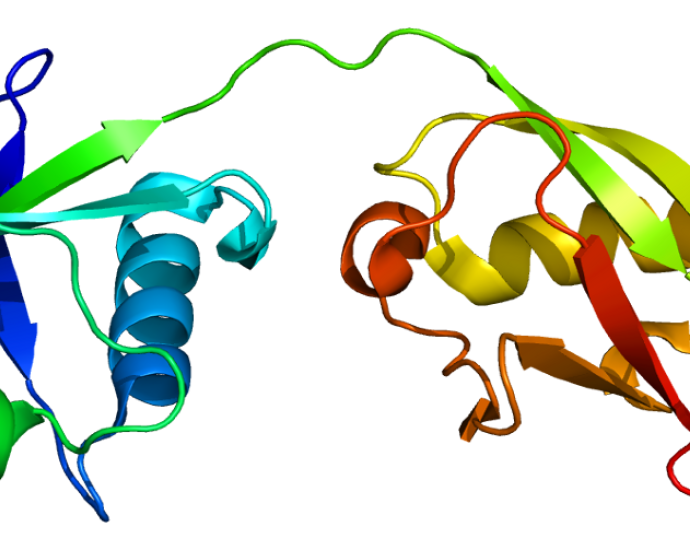Mouse IL-28B/IFN-Lambda 3
Catalog Number: 12820
Recombinant Mouse Interleukin 28B/Interferon Lambda 3 expressed in E. coli.
$684.00
Specifications
| Formulation | Supplied lyophilized with a carrier protein |
|---|---|
| Molecular Weight | 19.7 kDa |
| Source | DNA sequence encoding the mature mouse IL-28B/IFN-λ3 expressed in E.coli |
| Purity | Greater than 95% Endotoxin level < 1 EU/μg |
| Bioactivity | Human HepG2 cells infected with encephalomyocarditis virus. The ED50 is 7.5 - 37.5 ng/ml. |
| Storage | For retention of full activity store at -70°C or below and avoid repeated freeze/thaw cycles |
| Synonyms | Mu IL-28B; Mu IFN-λ3 |
| Accession Number | NP_796370 |
Tech Info & Data
Background
Human IL-28A, IL-28B, and IL-29, also named interferon-λ2 (IFN-λ2), IFN-λ3, and IFN-λ1, respectively, are newly identified class II cytokine receptor ligands that are distantly related to members of the IL-10 family (11- 13% aa sequence identity) and type I IFN family (15 - 19% aa sequence identity). The genes encoding these three cytokines are localized to chromosome 19 and each is composed of multiple exons. The exon organization of these genes is also found in the IL-10 family genes but is distinct from the type I IFNs, which are encoded within a single exon.
The expression of IL-28A, B, and IL-29 is induced by virus infection or double-stranded RNA. All three cytokines exert bioactivities that overlap those of type I IFNs, including antiviral activity and up-regulation of MHC class I antigen expression. The three proteins signal through the same heterodimeric receptor complex that is composed of the IL-10 receptor β (IL-10 Rβ) and a novel IL-28 receptor α (IL-28 Rα, also known as IFN-λR1). Ligand binding to the receptor complex induces Jak kinase activation and STAT1 and STAT2 tyrosine phosphorylation. The phosphorylated STAT1 and STAT2 complex with IFN-regulatory factor 9 (IRF-9) to form the IFN-stimulated regulatory factor 3 (ISGF-3) transcription factor complex that is translocated to the nucleus. ISGF-3 binds to the IFN-stimulated response element (ISRE) present in the regulatory regions of the target genes. Mouse IL-28B cDNA encodes a 193 amino acid (aa) residue precursor protein with a putative 15 aa signal peptide. It shares 61%, 62% and 52% aa sequence identity with human IL-28A, human IL-28B and human IL-29, respectively.
Citations
3 Citations
- Planet, Paul, et al. (2016). Lambda Interferon Restructures the Nasal Microbiome and Increases Susceptibility to Staphylococcus aureus Superinfection. mBio, 12 pgs. PMID: 26861017. (link)
- Szeles, Lajos, et al. (2016). TLR3-Mediated CD8+ Dendritic Cell Activation is Coupled with Establishment of a Cell-Intrinsic Antiviral State. Journal of Immunology, 10 pgs. PMID: 26101320. (link)
- Miner, Jonathan, et al. (2020). HSV-1 and Zika Virus but Not SARS-CoV-2 Replicate in the Human Cornea and Are Restricted by Corneal Type III Interferon. Cell Reports, 11 pgs. PMID: 33147451. (link)
References
- Vilcek, J. (2003), Nature Immunol. (4)8-9.
- Sheppard, P. et al. (2003) Nature Immunol. (4) 63-68.
- Kotenko, S.V. et al. (2003) Nature Immunol. (4) 69-77.

